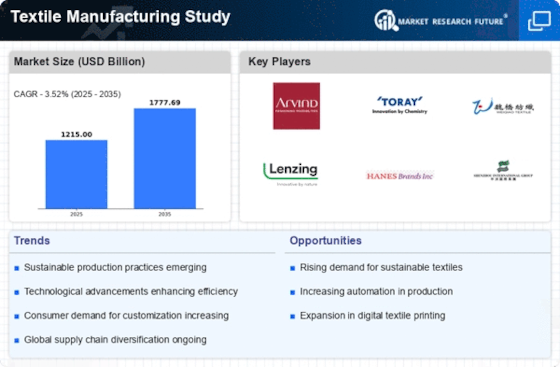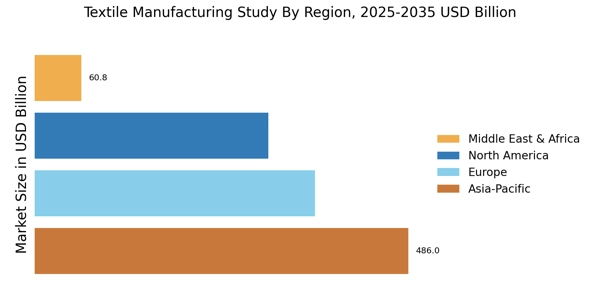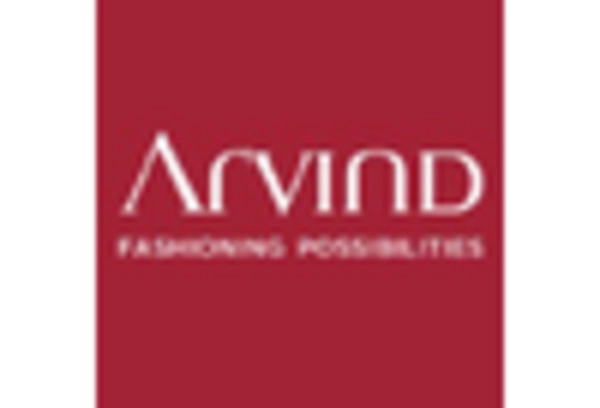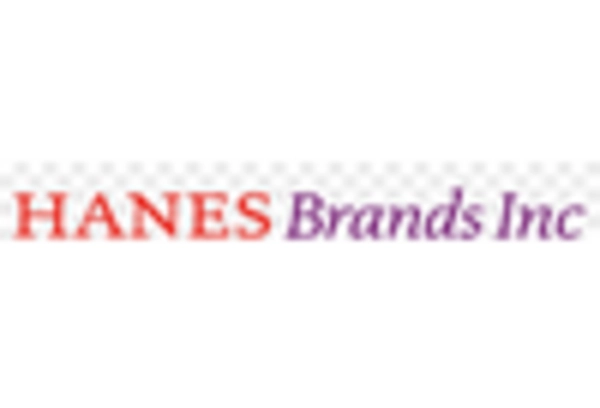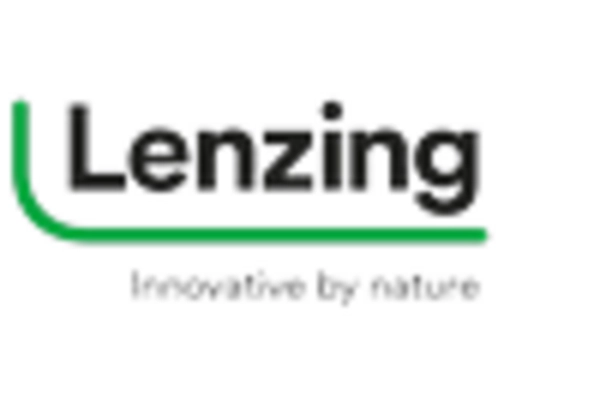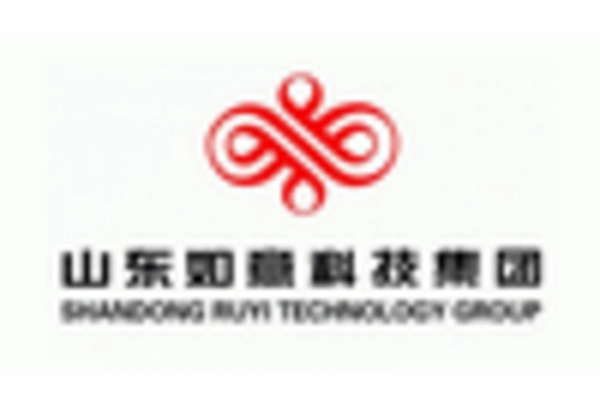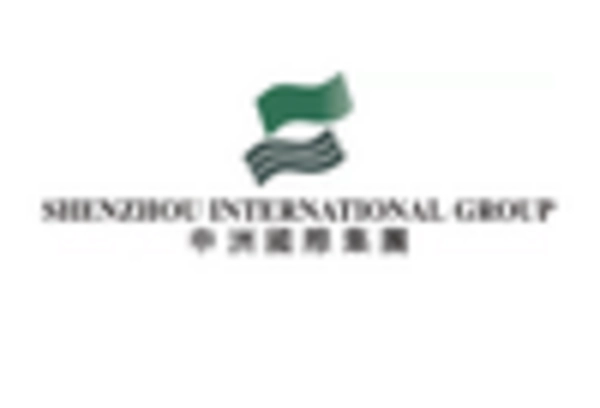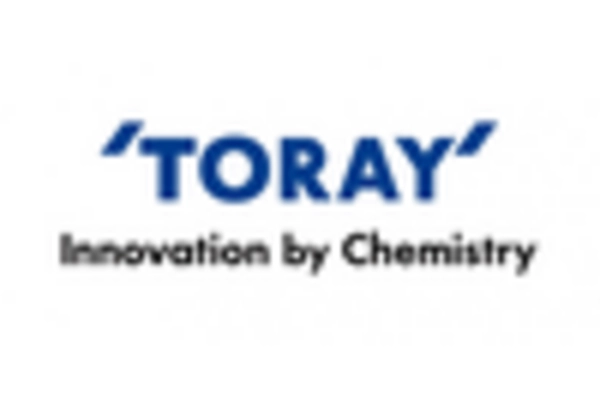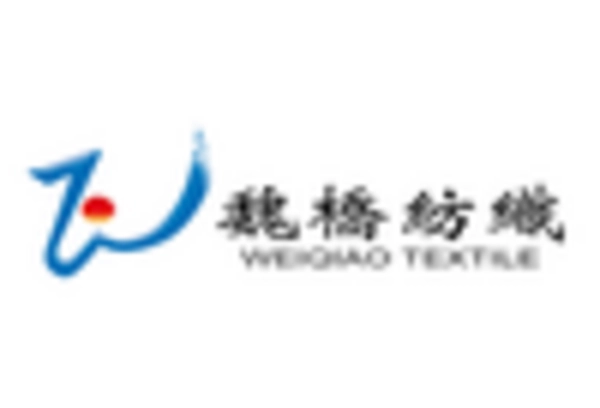Customization Demand
The demand for customization is reshaping the Textile Manufacturing Study. Consumers increasingly seek personalized products that reflect their individual preferences and styles. This trend is evident in the rise of made-to-order clothing and bespoke textile solutions. Market Research Future suggests that the customization segment is expected to grow significantly, with a projected increase of 15% annually over the next five years. Manufacturers are responding by leveraging technology to offer tailored solutions, such as on-demand production and design software. This shift towards customization not only enhances customer satisfaction but also fosters brand loyalty, as consumers are more likely to engage with brands that cater to their unique needs.
Global Trade Dynamics
The dynamics of The Textile Manufacturing Industry Study Market. Tariffs, trade agreements, and geopolitical tensions can influence supply chains and production costs. For instance, recent shifts in trade policies have led to increased scrutiny of sourcing practices, prompting manufacturers to reassess their supply chains. Data from trade reports indicates that textile exports have fluctuated, with some regions experiencing growth while others face challenges. As companies navigate these complexities, they must remain agile and adaptable to maintain competitiveness. The evolving landscape of The Textile Manufacturing Industry Study Market.
Consumer Behavior Shifts
Shifts in consumer behavior are profoundly affecting the Textile Manufacturing Study. The rise of e-commerce and social media has transformed how consumers discover and purchase textiles. Data shows that online sales in the textile sector have surged, with a projected growth rate of 20% over the next few years. Additionally, consumers are increasingly prioritizing quality and ethical sourcing over price, leading to a demand for transparency in the supply chain. This shift compels manufacturers to enhance their marketing strategies and product offerings to align with consumer values. As these behavioral changes continue to evolve, they are likely to drive innovation and adaptation within the Textile Manufacturing Industry Study Market.
Technological Innovations
Technological innovations play a pivotal role in the Textile Manufacturing Study. The integration of automation, artificial intelligence, and advanced manufacturing techniques is transforming production processes. For instance, the adoption of smart textiles and digital printing technologies is enhancing efficiency and reducing waste. Data indicates that the global market for smart textiles is expected to reach USD 5.5 billion by 2026, reflecting a growing trend towards innovation. These advancements not only streamline operations but also enable manufacturers to respond swiftly to changing consumer demands. As technology continues to evolve, it is anticipated that the Textile Manufacturing Industry Study Market will witness further disruptions, compelling companies to invest in research and development.
Sustainability Initiatives
The Textile Manufacturing Study is increasingly influenced by sustainability initiatives. As consumers become more environmentally conscious, manufacturers are compelled to adopt eco-friendly practices. This includes the use of organic materials, reduction of water consumption, and implementation of recycling processes. According to recent data, the market for sustainable textiles is projected to grow at a compound annual growth rate of 9.7% through 2027. Companies that prioritize sustainability not only enhance their brand image but also meet regulatory requirements, which are becoming more stringent worldwide. This shift towards sustainability is likely to reshape the competitive landscape of the Textile Manufacturing Industry Study Market, as businesses that fail to adapt may find themselves at a disadvantage.


